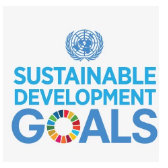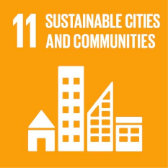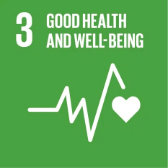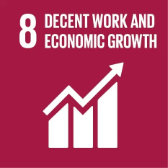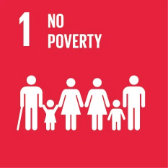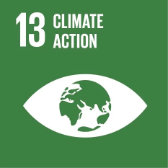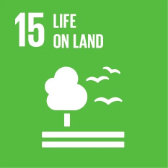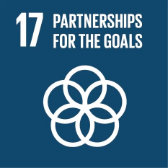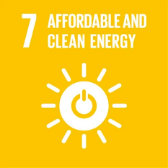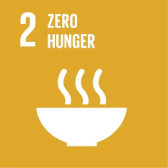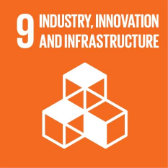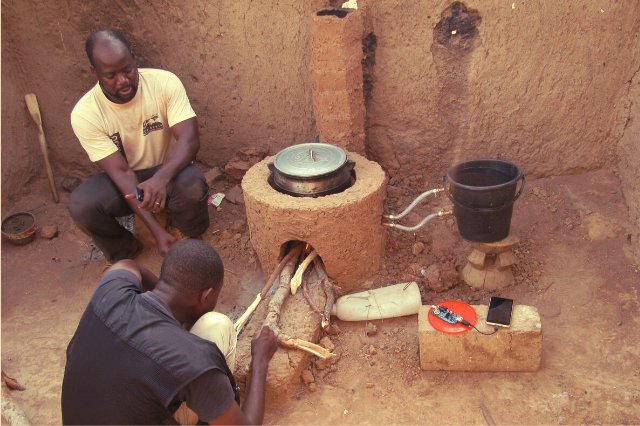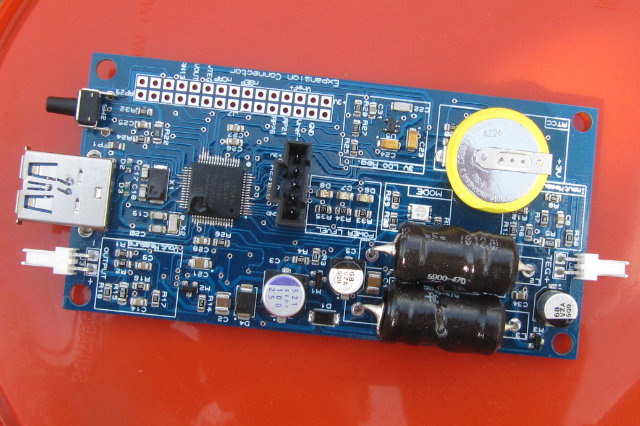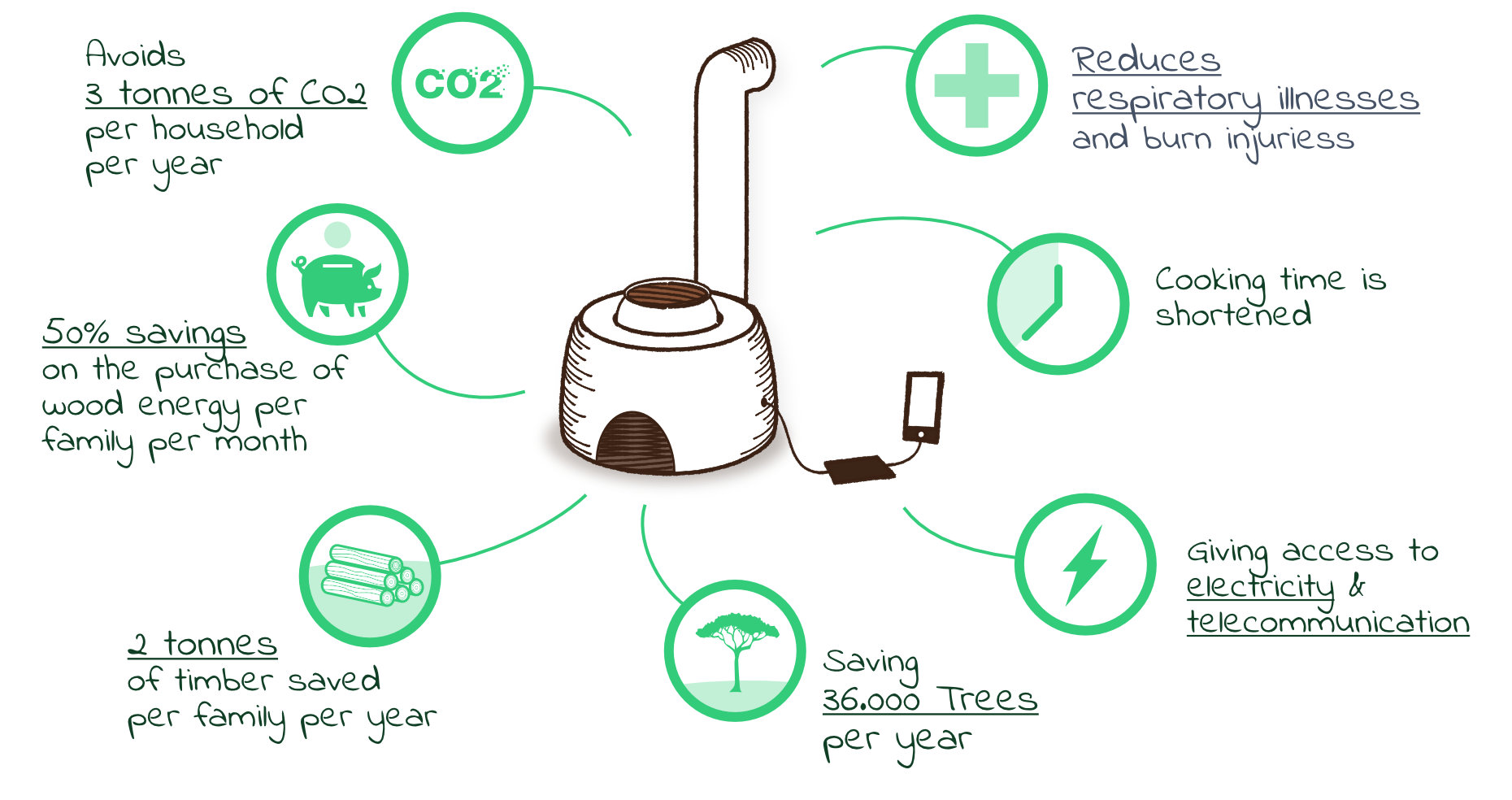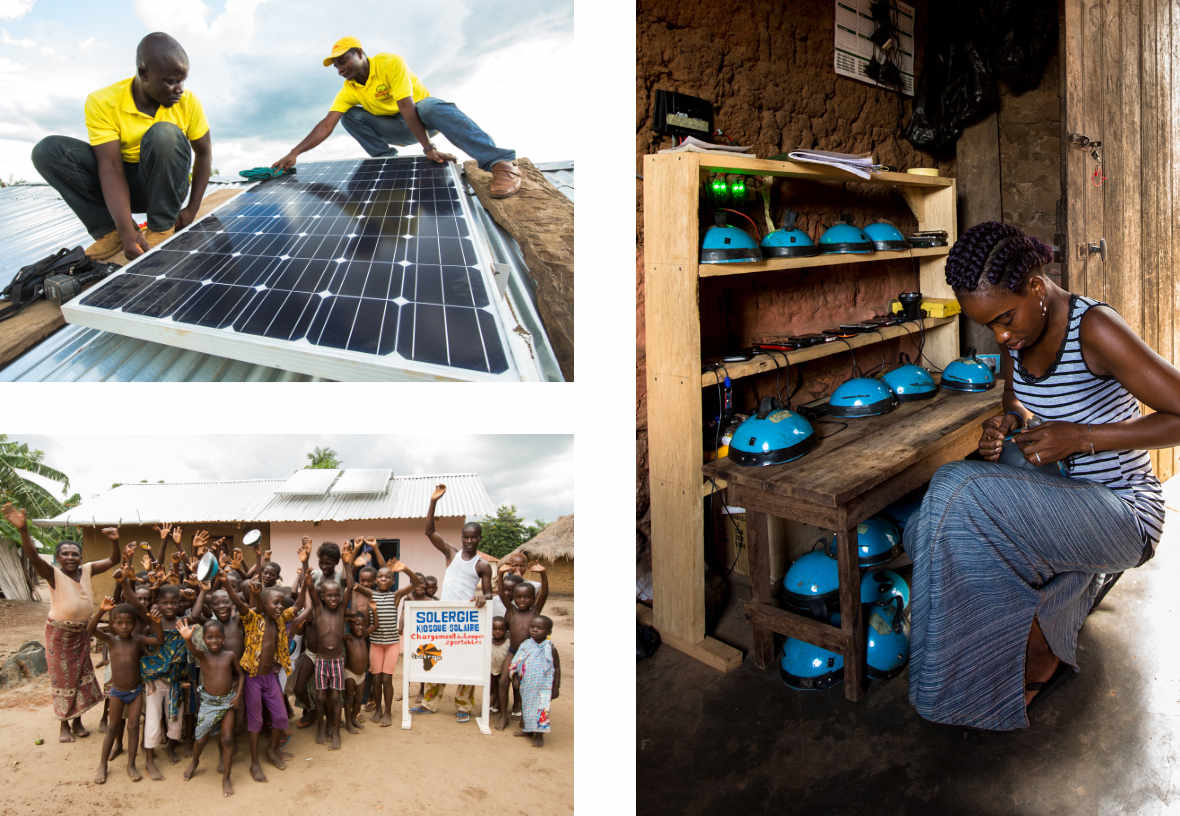
THE RESEARCH AND DEVELOPMENT TEAM
The thermal engineering research group at Trinity College Dublin, consisting of Assistant Professor Seamus
O’Shaughnessy, PhD student Maurice Deasy and Professor Anthony Robinson, has succeeded in designing a
generator to make electricity from heat energy released in cooking.

THE PHILANTROPIST
Proximus has been working on reducing its CO2 emissions and climate impact over the last 8 years, with
success. It’s our ambition to relentlessly extend those efforts today and in the coming years. Meanwhile, we
also want to take our responsibility for our remaining climate impact and not transfer this burden and cost to
future generations. This is why we have decided to support the TEG-stove climate project. This (soon to be)
Gold Standard certified climate project is a good case with both global and local benefits. In a global
economy we also have a global responsibility. This is one of the many ways we want to contribute to the
Sustainable Development Goals (climate action, life on land, access to clean energy, sustainable partnerships,
good health,…).
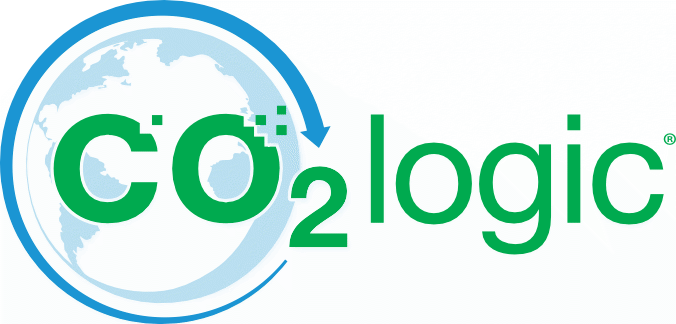
THE CO2 & CLIMATE SOLUTIONS EXPERTS
CO2logic is an international & independent climate advisory organisation. CO2logic is specialised in
calculating, reducing and offsetting of CO2 emissions. It helps organisations in their transition to the low
carbon & added value economy.
Today many organisations use CO2logic’s services to help them reduce their climate impact and their energy
costs while giving them significant competitive advantages. We bring credibility to Corporate Responsibility
claims through high quality advisory services. Visit our website : co2logic.com
CO2logic also supports & develops climate projects in developing countries (Burkina Faso, Benin, Togo,
Uganda,...) with local NGO’s in order to offset our clients’ & partners’ incompressible carbon footprint.
The CO2 Neutral label ensures that organisations take responsibility for the remaining emissions and climate
impact : co2-neutral-label.org
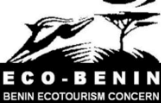
ECO BENIN
Founded in 1999, Eco-Benin is a Beninese non-governemental organization that currently coordinates a network
of fifteen sites of community-based ecotourism through Benin.
Eco-Benin uses ecotourism as a tool :
- for economic development of local communities in areas where traditionally activities like fishing or
farming revenues are declining
- for patrimony conservation in localities that have a natural and cultural heritage threatened with
disappearance or poorly exploited.
The NGO activities aim to develop simple tourist services which primarily benefit communities. Eco-Benin, as
an active member of the international society of Ecotourism (www.ecotourism.org), participates in the
preservation of the cultural identity of the populations as well as the protection of natural resources.
Eco-Benin develops the clean cook stoves Wanrou to reduce deforestation and helps community to maintain their
livelihoods.

THE GOLD STANDARD FOUNDATION
The Gold Standard for CDM (GS CER) was developed in 2003 by World Wide Fund for Nature (WWF),
SouthSouthNorth, and Helio International. The Voluntary Gold Standard (GS VER), a methodology for use within
the voluntary carbon market, was launched in May 2006.
Both were the result of an extensive 12‐month workshop and web‐based consultation process conducted by an
independent Standards Advisory Board composed of NGOs, scientists, project developers and government
representatives.
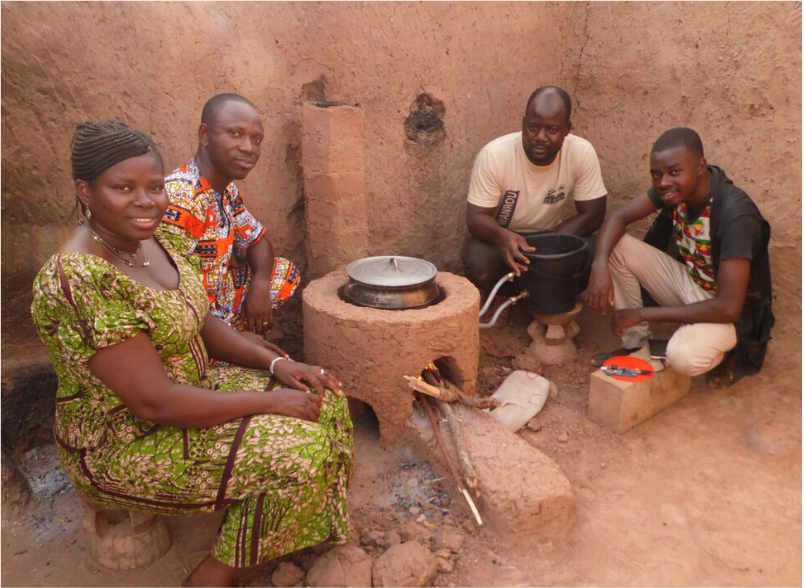
THE LOCAL COMMUNITY
High population densities coupled with high population growth rates, is putting increasing pressure on
natural resources across Benin, which are being overexploited. The resulting situation is alarming with
increasing levels of deforestation (= more CO2 into the atmosphere) and environmental degradation.
In addition of this, there are also serious health implications. Biomass is often the predominant source of
energy for cooking, which consume high amounts of wood and exhausting large amounts of smoke and indoor air
pollution. It has been concluded that ‘indoor air pollution is a major environmental and public health hazard
for many of the world’s poorest, most vulnerable people’.
TEG stove project aims to slow down degradation, reduce CO2‐emissions and the pressure on natural resources
while improving LIFE for the local communities. Giving access to electricity is also an important objective of
this project as today only 38% of the population have access to electricity in Benin.

With the valuable support of the Walloon Air & Climate Agency (AWAC)
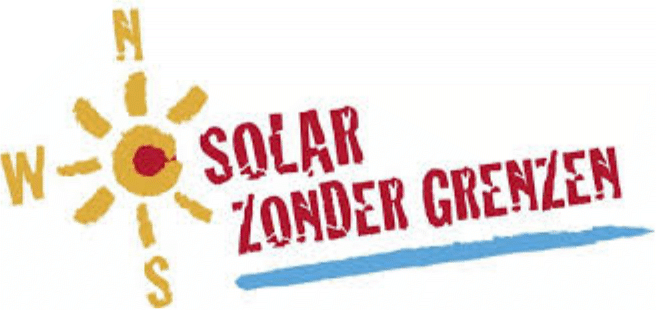
THE EXPERT IN SMART KIOSK WITH MOBILE MONEY
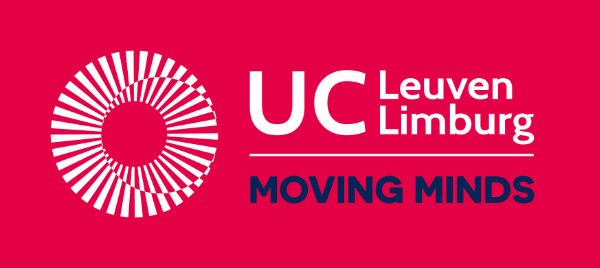
UCLL STUDENTS INTERNSHIPS IN BENIN
UCLL Students provided a valuable support in the setup of an assembly workshop of LED lamps and participated
to the research & development part of the project by realizing qualitative marketing studies on pre-paid
electricity (smart kiosks with mobile money).

